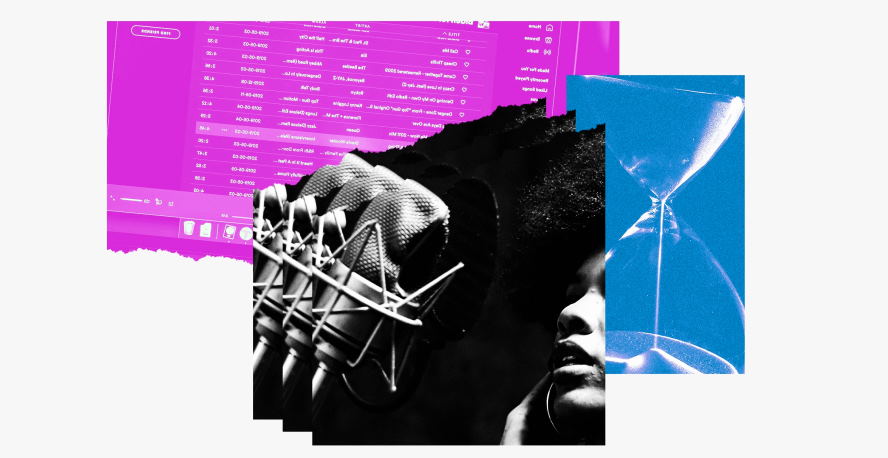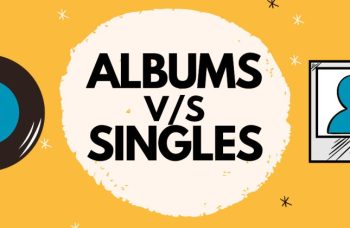The Democratization of Music and What It Means for the Industry

It’s no secret that music has undergone a major shift in recent years. With the advent of streaming services and the ubiquity of digital platforms, the industry is now more democratized than ever. Anyone with a laptop and an internet connection can create and release their own music. While this is great news for budding artists, it could be better for those trying to make a living from music. Many experts believe that the current state of the music industry is unsustainable. So what does the future hold for those who want to make a career in music? Only time will tell. But one thing is for sure: the industry is going to have to adapt if it wants to survive.
Ways, the democratization of the music industry, is revolutionizing the music scene
The internet has revolutionized the music industry, giving artists a direct connection to their fans and providing new opportunities for marketing and distribution. The result is that the traditional music industry is under pressure as never before. One of the most significant changes is the democratization of music.
In the past, if you wanted to be a professional musician, you had to get signed by a record label. This was difficult, and even if you were lucky enough to be signed, you didn’t have much control over your career. The label would decide which songs you recorded, how your albums were marketed, and where you toured.

Nowadays, thanks to the internet, anyone can make and release their own music. All you need is a computer and some basic recording equipment. This has led to a huge increase in independent artists, who still need to be signed to a label.
The democratization of music has had a profound effect on the music industry. The most obvious change is that many more artists are competing for attention. It’s no longer enough to be good; you need to be great and find a way to stand out from the crowd.
This has made it harder for established artists to maintain their careers, as they now compete with a much larger talent pool. However, it has also made it easier for new artists to break through, as they no longer need the backing of a major label.
How streaming services have transformed the music industry
In the past decade, streaming services have completely transformed the music industry. Prior to the advent of streaming, music was purchased and consumed in a very different way. People would buy CDs or digital downloads of individual songs or albums and listen to them on their personal devices. This meant that artists made most of their money from album sales, and touring was mostly used as a way to promote these sales.

Now, however, streaming has become the primary way people listen to music. Various streaming services are available, each with its own library of millions of songs. As a result, users can listen to whatever they want, whenever they want, without having to purchase anything outright. Instead, they pay a monthly subscription fee (or in some cases, listen to ads in exchange for free listening).
This shift has had a profound impact on the music industry. For one thing, it has made it harder for artists to make money from album sales. Instead, they now rely more on touring and live performances to generate income. Additionally, streaming has created new challenges for the music industry, including copyright infringement and the need to negotiate lucrative deals with the major streaming services.
Despite these challenges, streaming has also opened up new opportunities for the music industry. It has made it easier than ever for people to discover new artists and songs and has created a more level playing field for independent musicians. In many ways, streaming has been a positive force for the music industry overall.
In the future, streaming will likely continue to be the dominant way people listen to music. As such, the music industry will need to adapt and evolve to stay relevant. It will be interesting to see how this all plays out in the years to come.







